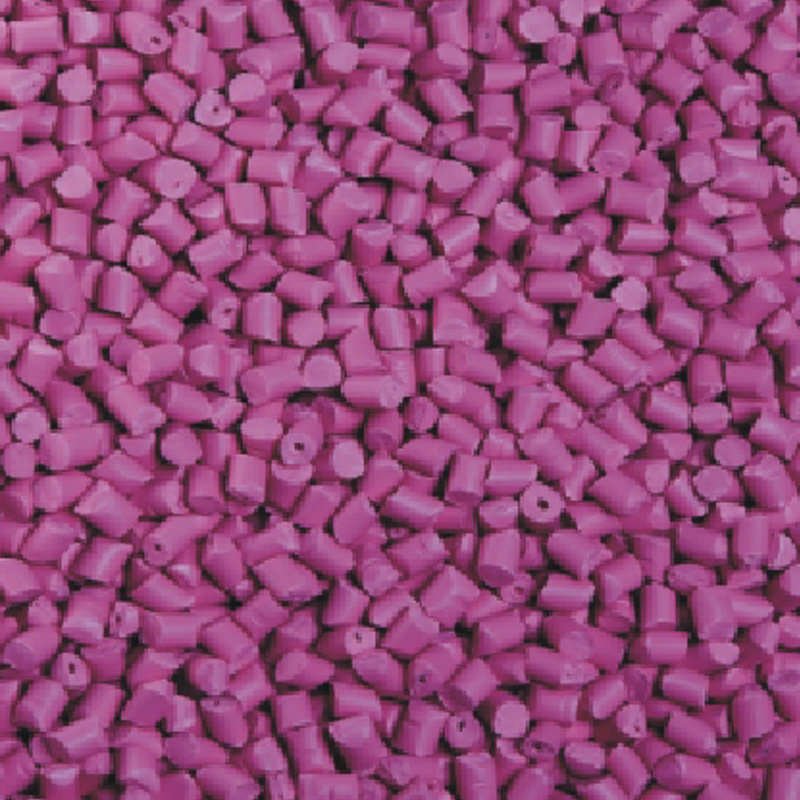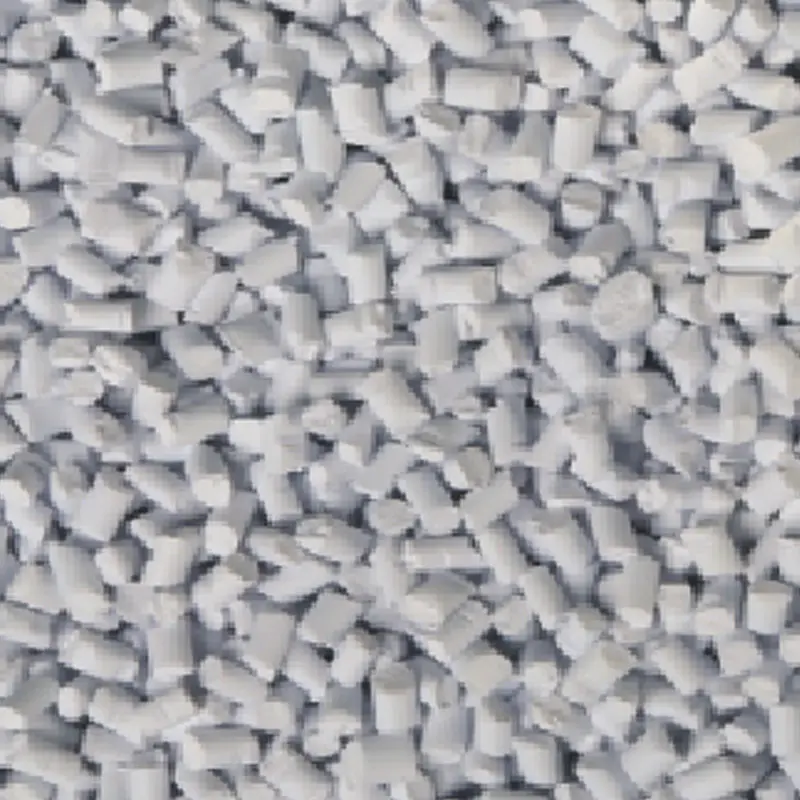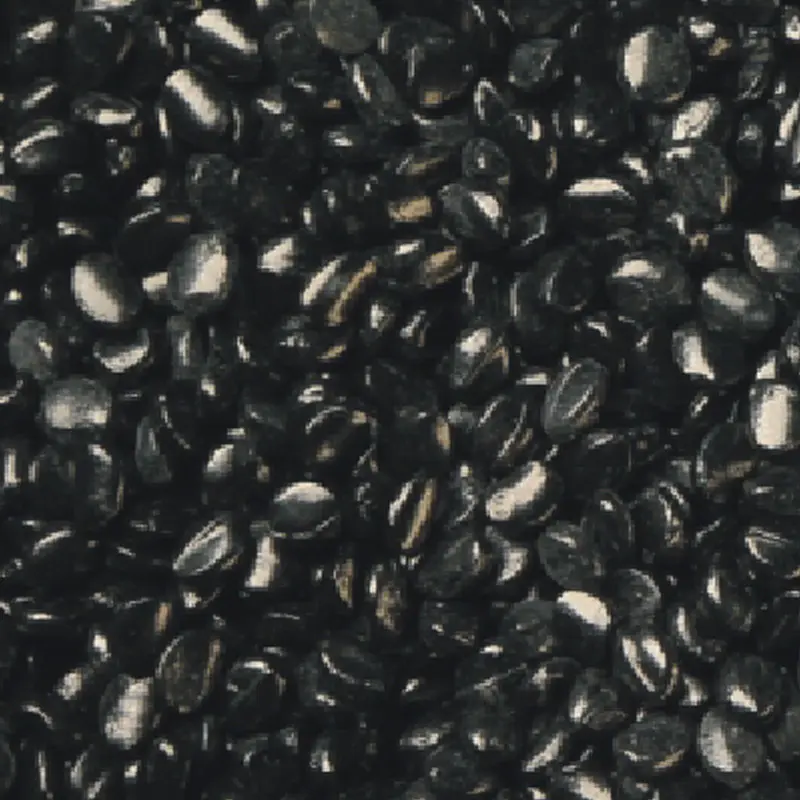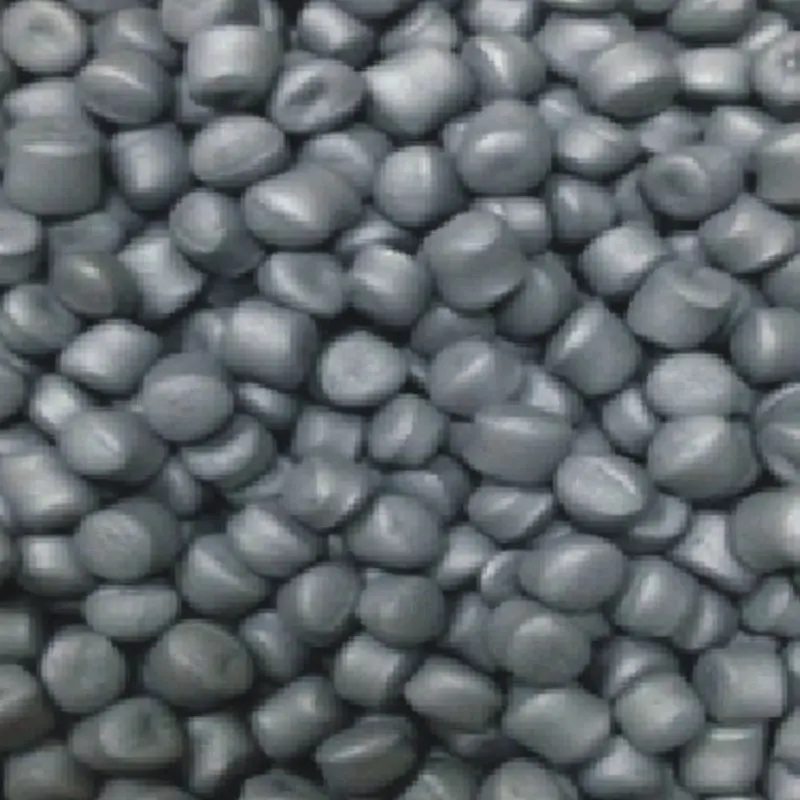Master batch manufacturers play a pivotal role in the production of plastics by providing colorants, additives, and other ingredients that enhance the properties of the base materials. As the global market for plastics continues to expand, the role of manufacturers is becoming increasingly significant. However, the industry faces numerous challenges and opportunities that will shape its future. In this article, we will explore the evolving landscape of master batch manufacturers and the factors that will impact their growth and adaptation in a global market.
One of the key drivers of change for master batch manufacturers is the growing demand for plastics across various industries. The rise in consumer goods, automotive production, packaging, and construction is fueling the demand for customized plastic solutions. This global growth presents both opportunities and challenges for manufacturers.
Technological advancements are shaping the future of master batch manufacturing. The development of new production techniques, improved formulations, and enhanced testing equipment is helping manufacturers create higher-quality master batches with greater precision. Automation and digital technologies are also improving the efficiency and consistency of production.
Master batch manufacturers will need to invest in new technologies to stay competitive in a rapidly changing market. This could involve adopting advanced mixing equipment, incorporating more precise dosing systems, or integrating digital tools that allow for real-time monitoring of production processes. Automation, in particular, will play a crucial role in reducing labor costs and improving operational efficiency, making it a key factor in the future of master batch manufacturing.
Sustainability is a growing concern in the global market, and master batch manufacturers are increasingly under pressure to adopt environmentally friendly practices. As consumers and businesses alike become more focused on environmental impact, there is a rising demand for eco-friendly plastic products and sustainable manufacturing processes. This trend is pushing Custom Masterbatch Process to develop solutions that are not only effective but also align with environmental regulations and consumer expectations.
In response to this demand, manufacturers will need to explore alternative materials, such as biodegradable plastics or recycled content, for their master batches. Additionally, efforts to reduce waste during production, improve energy efficiency, and use renewable resources will be essential for staying competitive. Master batch manufacturers that prioritize sustainability will likely see increased demand for their products as more companies strive to meet their own sustainability goals.
As the global market expands, so do the regulatory frameworks governing the production and use of plastics. Different regions have varying standards and regulations, which master batch manufacturers must adhere to. For example, certain countries may impose stricter rules on the use of harmful chemicals in plastics, while others may focus on recycling or waste management requirements.
Master batch manufacturers will need to stay abreast of these changing regulations and ensure that their products comply with the standards in various markets. This may involve developing new formulations or adopting safer, more sustainable additives. Manufacturers that are able to navigate these regulations effectively will have a significant advantage in global markets where compliance is essential for market entry.
The global supply chain for raw materials, including pigments, resins, and additives, is complex and can be subject to disruptions. OEM White Master Batchs rely on a steady supply of these materials to create their products, and any disruption can result in production delays or cost increases. Supply chain challenges, such as price fluctuations or delays in material availability, can significantly impact the ability of manufacturers to meet customer demands.
The future of master batch manufacturers in the global market is shaped by several key factors, including growing demand, technological advancements, sustainability concerns, regulatory changes, and increased competition. To succeed, manufacturers must be adaptable, innovative, and committed to quality. By investing in new technologies, improving sustainability practices, and offering customized solutions, master batch manufacturers can position themselves for long-term success in an ever-evolving global market. As the plastic industry continues to expand, those manufacturers that can meet the changing needs of customers and navigate market challenges effectively will thrive in the years ahead.

 English
English Español
Español русский
русский









